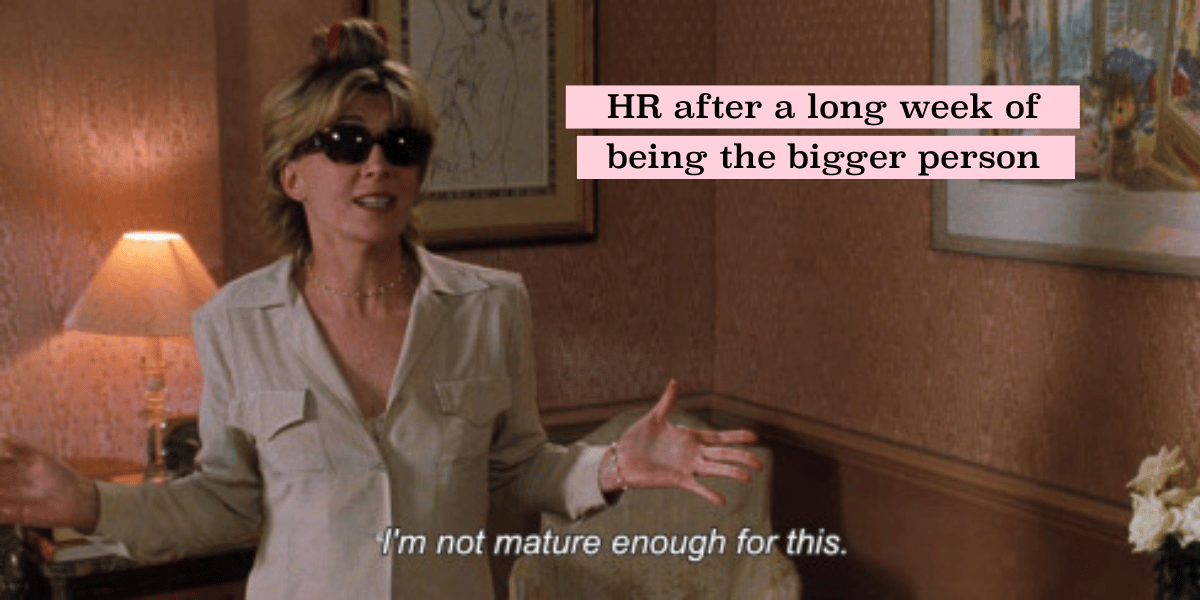- The Wisdom Project
- Posts
- 📓Explained: 5 Stages of the Big Debt Cycle
📓Explained: 5 Stages of the Big Debt Cycle
how countries go broke + what you can do about it

So I’m trying out a new format for the newsletter going forward.
I’ll be sharing my notes and summaries of some of the best podcast I’ve listened to this year.
One of the top ones was Ray Dalio on the All In Podcast, I’m covering that today. So let’s get into it:
Ray Dalio, founder of Bridgewater Associates and one of the world's most successful investors, warns that the United States is approaching a debt crisis similar to those that have destroyed currencies throughout history.
He explains that this isn't just an opinion but a mechanical process that can be measured and predicted.
His urgent message: the U.S. must cut its deficit immediately or face severe currency devaluation that will devastate Americans' wealth and purchasing power.
The Debt Mountain:
$36.4 trillion in federal debt: To put this in perspective, if you stacked $100 bills, this would reach to the moon and back multiple times. It's more money than the entire U.S. economy produces in a year.
125% debt-to-GDP ratio: This means the government owes $1.25 for every $1 the entire economy produces annually. It's like a household owing more than their entire yearly income.
$1 trillion in annual interest: The government now spends more on interest payments than on national defense. One in every four tax dollars goes just to pay interest - not to reduce the debt, just to service it.
Before we dive in, quick word from “I hate it here”
The best HR advice comes from people who’ve been in the trenches.
That’s what this newsletter delivers.
I Hate it Here is your insider’s guide to surviving and thriving in HR, from someone who’s been there. It’s not about theory or buzzwords — it’s about practical, real-world advice for navigating everything from tricky managers to messy policies.
Every newsletter is written by Hebba Youssef — a Chief People Officer who’s seen it all and is here to share what actually works (and what doesn’t). We’re talking real talk, real strategies, and real support — all with a side of humor to keep you sane.
Because HR shouldn’t feel like a thankless job. And you shouldn’t feel alone in it.
The Debt Crisis Mechanics - How Countries Go Broke
The Death Spiral Explained: Think of it like a person using credit cards to pay credit card bills. Here's how it unfolds:
Initial Problem: Government spends more than it collects in taxes
Borrowing Solution: Issues bonds to cover the gap
Interest Burden: Must pay interest on those bonds
Vicious Cycle: Needs to borrow more just to pay interest
Loss of Confidence: Lenders demand higher interest rates
Acceleration: Higher rates mean even more borrowing needed
Crisis Point: Nobody wants to lend anymore
Supply/Demand Breakdown:
Imagine you're trying to sell your house, but suddenly everyone in your neighborhood lists their house too
Prices crash because there are too many sellers, too few buyers
Same happens with government bonds - too much supply crashes the price
When bond prices fall, interest rates rise (they move inversely)
Read the full summary and notes from this podcast:
I run a free community of people exploring alternate careers and unique paths to self employment, if you’re somewhere along that journey, join us here -
That’s it for today
See you next week
Cheers,
Ayush & Aditi



